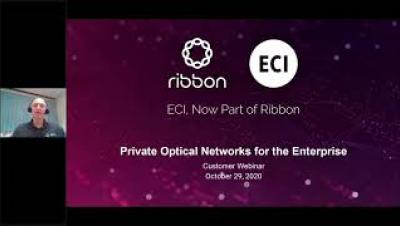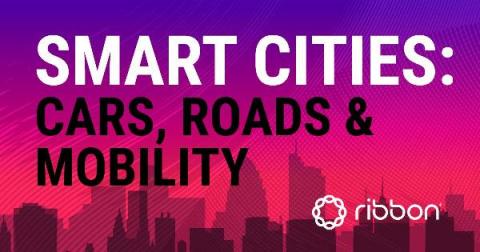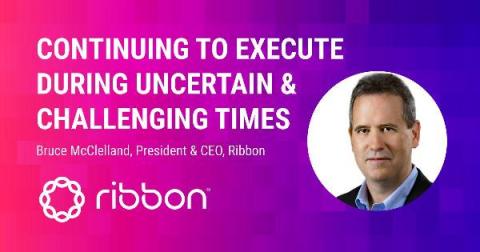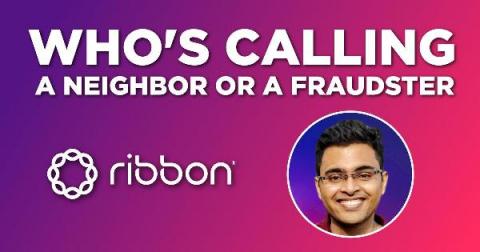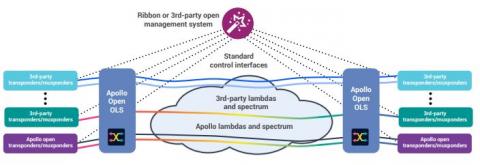Operations | Monitoring | ITSM | DevOps | Cloud
Ribbon
Private Optical Network Solutions for Enterprise
Smart Cities: Cars, Roads & Mobility
This is the third blog post in a series on “Smart Cities and Urban Environments” and the implications for networks & telecoms. About 55% of the world’s population lives in urban areas; for developed OECD countries the figure is about 80%. Urbanisation is good for economic and even environmental reasons, but brings challenges for transport, roads and personal mobility*.
Why Network Slicing is the Holy Grail for Telco's in the 5G Era
Legacy generations of networks have predominately provided services with best-effort delivery. While this has worked for voice, text and best- effort broadband services, end users are hampered with buffering, delays, and drops as the demand for feature-rich services continues to grow.
Continuing to Execute During Uncertain and Challenging Times
We are rapidly approaching the six-month mark of the COVID-19 global pandemic and expect to be living with its effects for the foreseeable future. While our Ribbon business has not been immune from this once in a lifetime public health crisis, together we have managed it very effectively and kept our customers first! This is largely due to the extraordinary efforts of our people, along with the quick actions and decisions we took to change our work model and carefully manage expenses.
Who's calling - A neighbor or a fraudster?
Once upon a time the telephone system was a trusted method of connecting people. While we now spend more time on our phones than ever, our relationship to phone calls has changed -- we’re hesitant to answer calls from unknown phone numbers, often because we think the call is a con. But what if the caller ID is spoofed/modified and made to look like a telephone number that you may trust or a number with a local area code and familiar prefix?
Securing your Unified Communications Below the Surface
My colleague Greg Zweig recently wrote a blog “Forget Videobombing – Worry About What You Can’t See” in which he outlined how Unified Communications (UC) assets are all too often left unsecured, making them an easy target.
Alien Wavelengths to Shared Spectrum
Alien wavelengths are commonplace today. Here a transponder pair from one optical system vendor connects to, and transmits over, the optical line system (OLS) – constituting fixed/reconfigurable multiplexer and amplification elements primarily – from another vendor. (While it can be technically feasible to pair transponders from different vendors, typically this is not done for commercial and operational reasons.)





